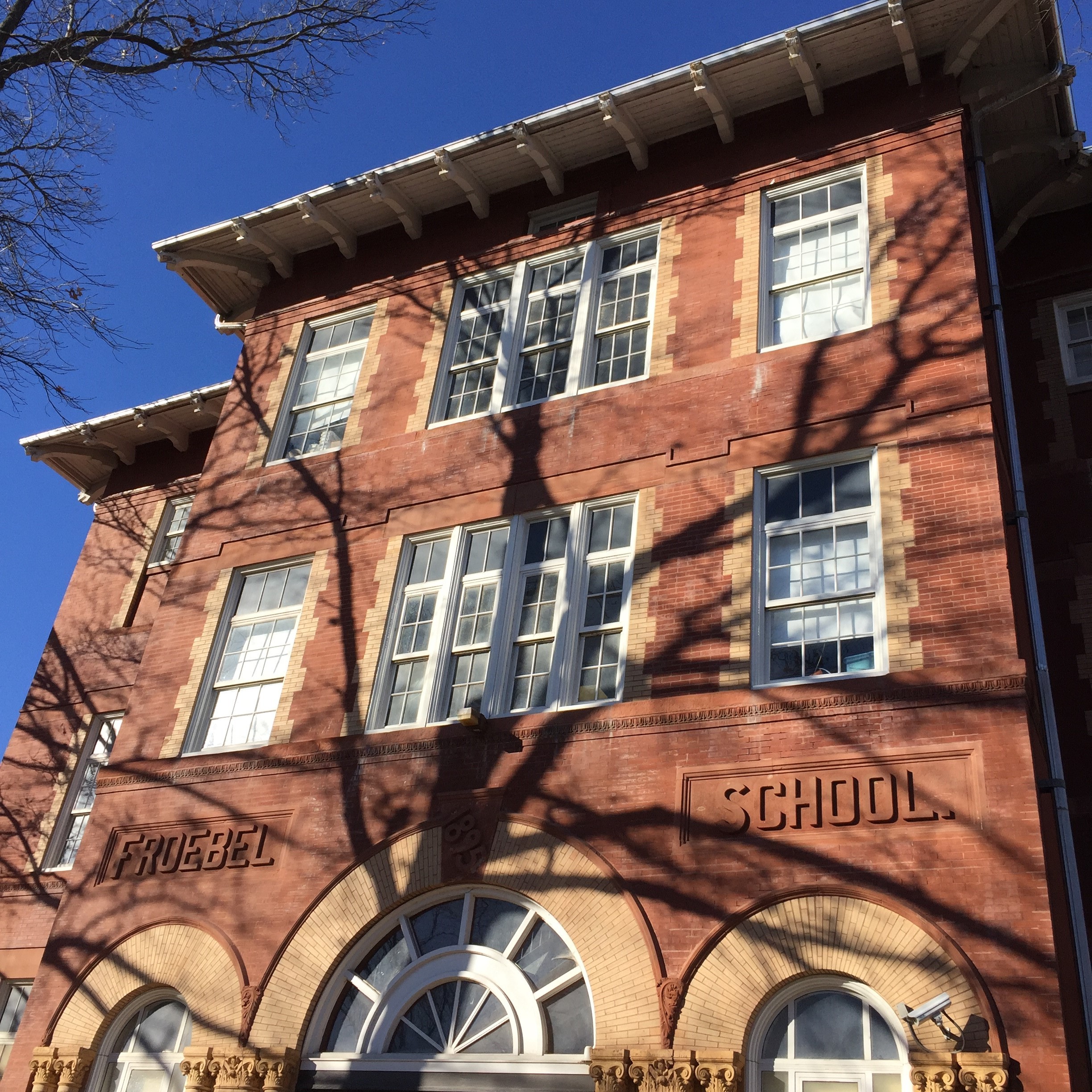Growing Faith-Based Partnerships in St. Louis
Collaborating with partners for environmental change.
Across the nation, the Black faith community has been a catalyst for environmental action and stewardship efforts.
“There has never been a social movement without the Black church community at the table and providing leadership,” says Rev. Dr. Ambrose F. Carroll, founder of Green The Church. “By funding local Black-led, faith-based partners, TNC, in partnership with Green The Church, is able to honor the leaders of previous social movements, while also assuming responsibility for future generations.”
Green The Church, a California-based national nonprofit, sits at the intersection of theology and ecology for the Black church community, and has been a driving force of this leadership.
Since its inception in 2010, the organization has activated programs and conversations around food sovereignty, environmental justice, energy and building efficiency and public health in the communities in which they serve.
The Nature Conservancy is proud to be a longstanding partner of Green The Church, and to have been the presenting sponsor for its 2019 Summit in St. Louis, Missouri.
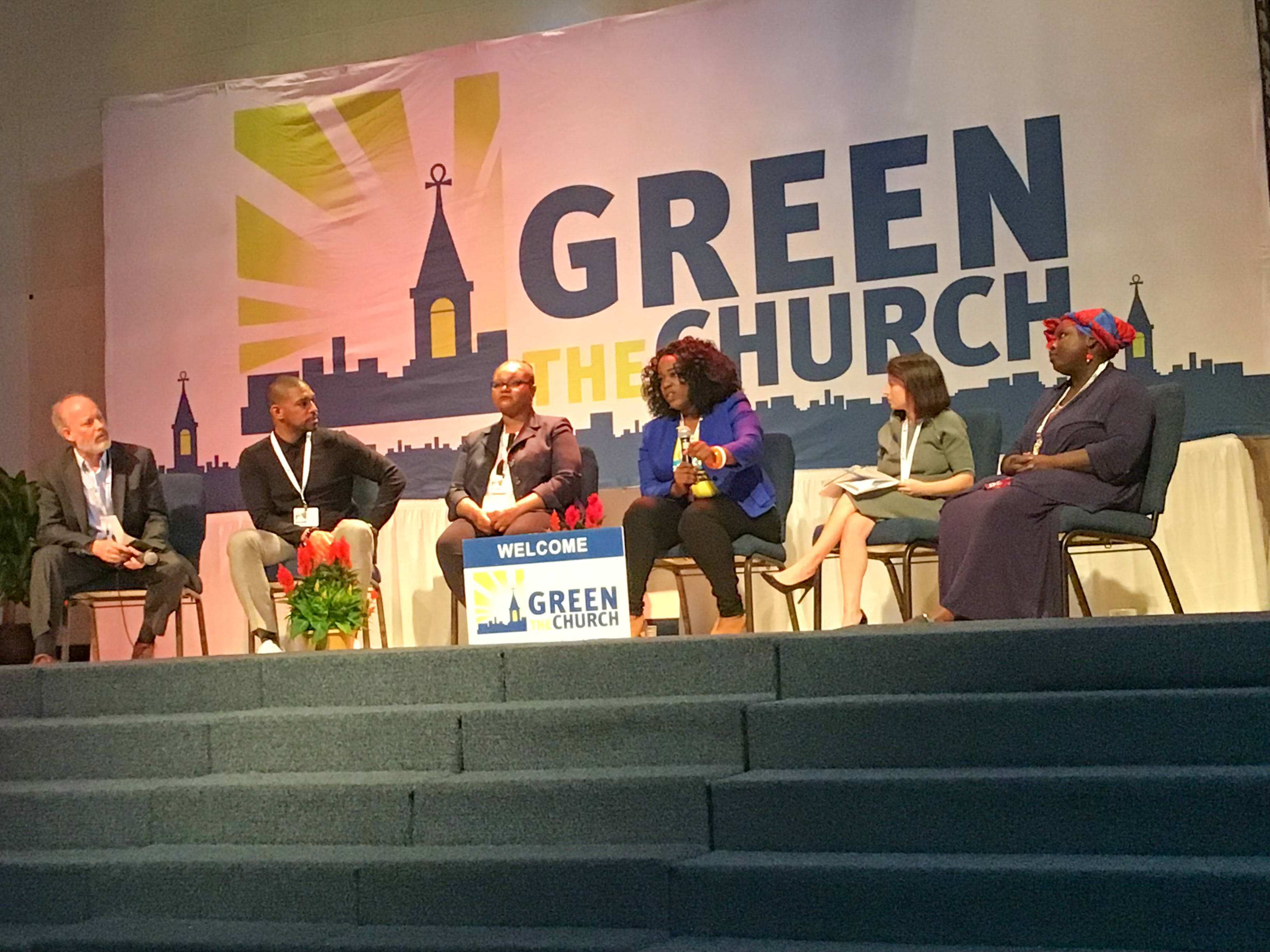
“The Summit has helped our organization make valuable connections with local partners and places of worship, identify and uplift current environmental leaders in the St. Louis region and provide resources for other faith-based institutions to kick-start their own sustainability projects,” says Kim Noble, chief operations officer for Green The Church.
Out of the Summit came the first-ever Growing Green Solutions Seed Funding Program, funded by TNC in Missouri. This program is funding projects at ten St. Louis-based places of worship—helping Green The Church grow both its mission and its impact.
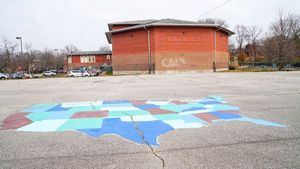
Greening Schoolyards, Building Communities
Learn how TNC's Cities Program is partnering with the Saint Louis Public School District and other community partners to launch a green schoolyard pilot program in Missouri.
Catalyzing Change
The Growing Green Solutions Seed Funding Program has further enabled members of the Black faith community to engage in environmental leadership efforts and integrate sustainability projects into their places of worship, as well as the community-at-large.
Throughout TNC’s first two years of deep listening and relationship building in St. Louis, environmental injustices—including an overabundance of vacant and abandoned properties, food insecurity challenges, and localized flooding—surfaced as some of the priorities to address within the local community, and thus became priorities for TNC's Cities Program in Missouri.
“By supporting community-driven green infrastructure and resilience projects, TNC can help ensure that any solutions aiming to address these issues are also accountable to and co-created with the communities who are most impacted by them,” said Rebecca Weaver, TNC’s Cities Program Manager in Missouri.
Growing Food Locally in North St. Louis
The Growing Green Solutions program’s recipients have taken on projects that address a wide range of challenges, from food sovereignty to youth programming, energy efficiency and creating congregational Green Teams.
Several grant recipients are also tackling the issue of vacancy in St. Louis. One such project, the North County Agricultural Education Center (NCAEC), is transforming vacant land into a food-producing landscape, which will teach area students and community members about food and the science behind agricultural production.
This project is led by A Red Circle, a non-profit working to address racial equity in the St. Louis region, Mt. Beulah Missionary Baptist Church and the 24:1 Clergy Coalition.
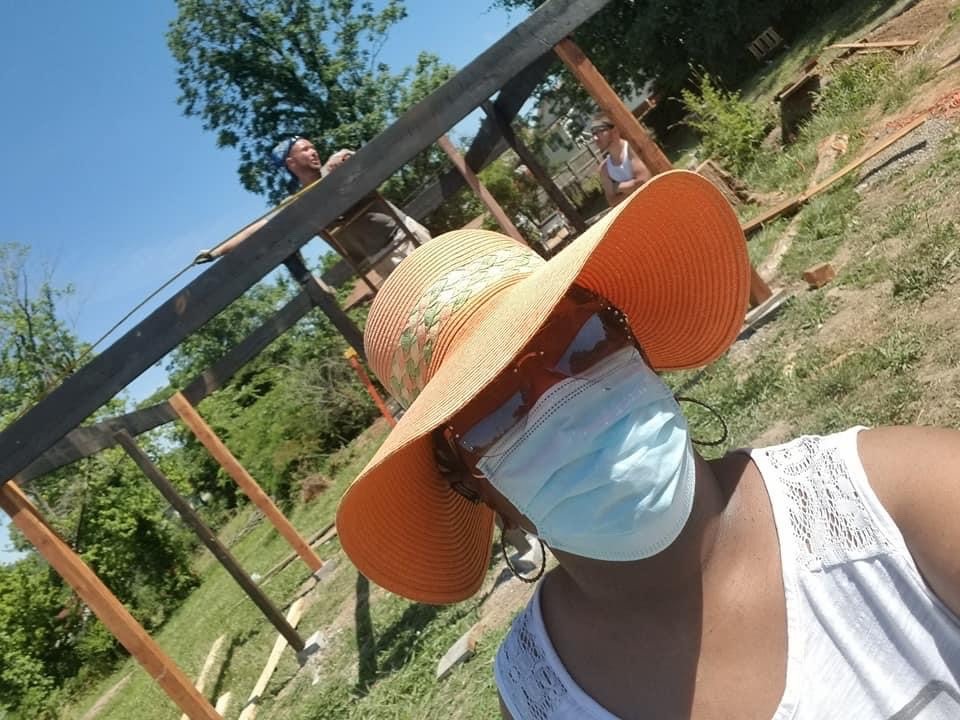
The two-acre center is located across the street from a public park and currently hosts an array of fruit trees and herbs. With help from the Growing Green Solutions Seed Funding Program, A Red Circle and partners will incorporate both in-ground and raised-bed food production, a greenhouse, a pavilion, and outdoor classroom space to host field trips for high school and college students, as well as function as a gathering space for area residents.
The idea for the NCAEC was formed in partnership with several mayors of North County municipalities in response to concerns about food insecurity, vacant land and the need for more STEM opportunities for local students.
Erica R. Williams, founder and executive director of A Red Circle, is especially excited about the opportunities that the space will provide for developing STEM curriculum and exposing students in the St. Louis region to careers in agriculture, biology and other sciences.
For Williams, this project will allow the various partners in the collaborative effort to “grow alongside the community,” effectively building the collective’s capacity to serve the community, while also contributing to the vibrancy of North St. Louis County.
Addressing Food Insecurity
Several other Green Solutions program recipients are also using vacant land to address food insecurity. Both Central Baptist Church and First Baptist Church are transforming vacant lots into community gardens and will distribute the produce grown in these spaces to local food banks and families in need.
To reach the wider community, Beloved Community United Methodist Church is developing the Joshua Green Team for a coalition of churches in the Gate District to take on their own greening projects.
The Green Team will facilitate a four-stage process for each church to transform unused land into vibrant garden spaces. They will also provide training and oversight on environmental care and stewardship of these spaces, organize volunteers to create the gardens during a “Gate District Green Space Community Day,” and identify households on fixed incomes to whom to distribute food grown at these community gardens.
For a different approach to food production, Muhammad Mosque 28 proposed working with area youth to teach them permaculture design and Ward Chapel African Methodist Episcopal Church will grow produce for distribution through a community garden and a farmer’s market.
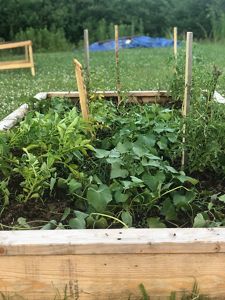
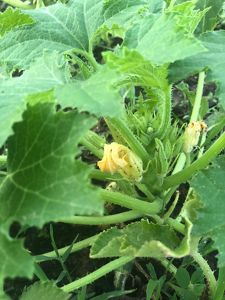
Increasing Energy Efficiency, Reaching Communities
The Green Solutions program will also assist churches with improving their energy efficiency and extending their community reach. St. John’s United Church of Christ will insulate the large attic space above their sanctuary, replace incandescent light bulbs in the sanctuary with LEDs and supply approximately 100 homes in the surrounding community with LED bulbs for their porches.
Wayman African Methodist Episcopal Church will use their seed funding for building upgrades, such as installing insulation and sealing leaky air ducts and pipes and will provide ongoing education for their congregation about energy efficiency practices.
Joshua House Ministries Christian Church, in partnership with LinkSTL, will engage children in their neighborhood about safe biking practices and will provide a program in which the youth will receive their own bike and helmet and participate in group bike rides, where they will learn about air and water quality, native plants and environmental justice.
Building Capacity, Spreading Knowledge
A partnership between New Northside Missionary Baptist Church, Metropolitan Congregations United, and the Sierra Club has also put forth an innovative proposal to build the local faith community’s knowledge and capacity for implementing sustainability projects.
Building upon the success of a bus tour conducted during the Green The Church Summit in October 2019, this group of faith and sustainability leaders will conduct a Green Bus Tour for Pastors of Color, in order to provide exposure to sustainability projects that have already been implemented in St. Louis’ Black congregations.

Some of the topics that will be featured on the upcoming bus tour will include food justice and energy efficiency—an especially pertinent issue for many congregations struggling to keep up with high energy bills.
While COVID-19 has forced the partners to postpone the bus tour until the spring of 2021, Emmaline Giles, an Environmental Justice Organizer at Metropolitan Congregations United, believes the pandemic has highlighted the true significance of programs like these.
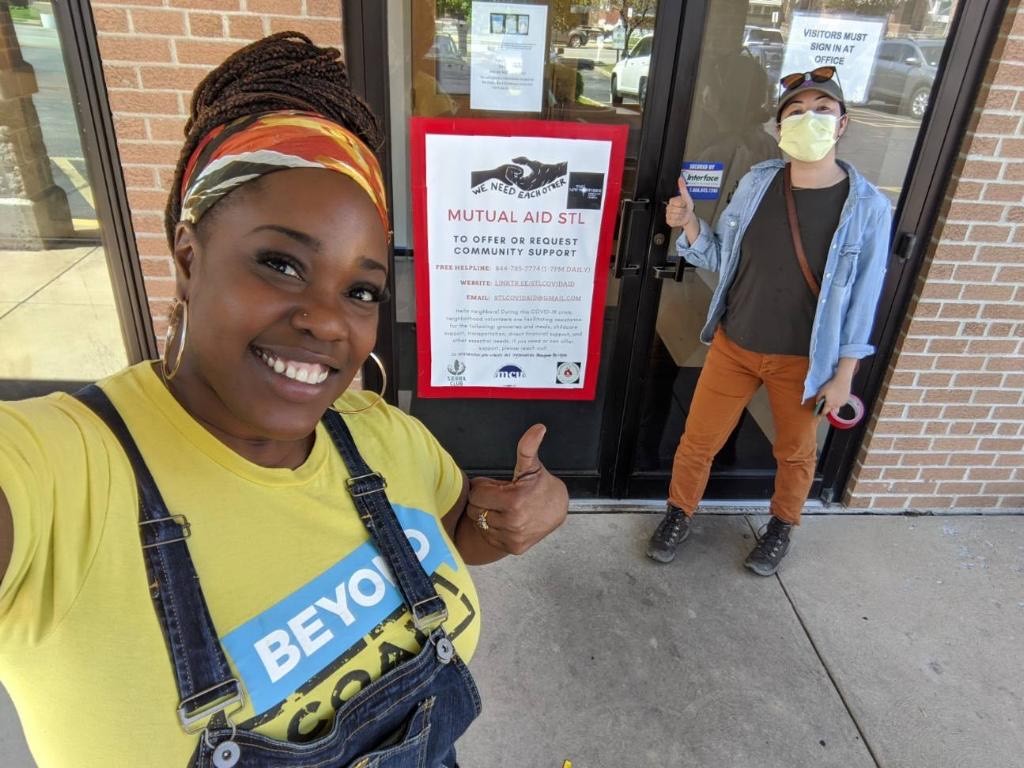
Although the public health crisis has brought a new burden to congregations and communities across the country, it has also pulled communities together in a new way. For Giles, the Growing Green Solutions seed funding and associated projects present the potential for a ripple effect throughout the larger St. Louis community.
“So many people are plugged into these community anchors and spaces,” says Giles. “They’re situated in an amazing way to reach out to community members.”
The various Growing Green Solutions Seed-funded projects will offer additional ways for these places of worship to deepen their connections with their communities, whether through providing freshly grown produce to those in need, assisting with energy efficiency, or creating new opportunities for youth to engage with the outdoors.
Growing Green Solutions—More Recipient Stories
Make a Difference in Missouri
Since 1956, we have worked to conserve the lands and waters that make Missouri unique and beautiful. Your support has helped us protect over 150,000 acres and we’ve still got a lot of work to do. Your donation will make a difference. We can't save nature without you.


